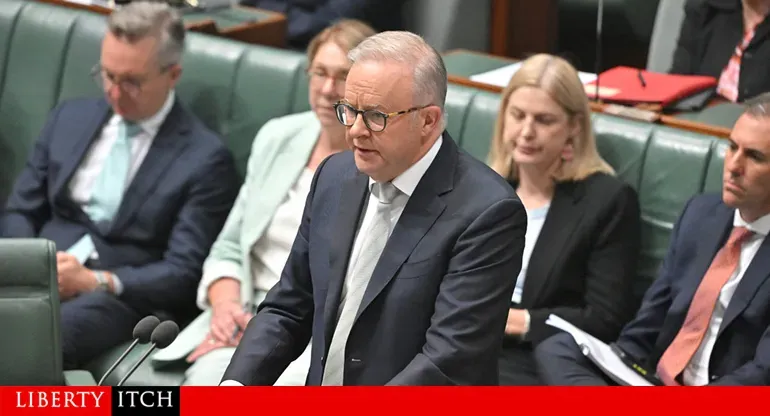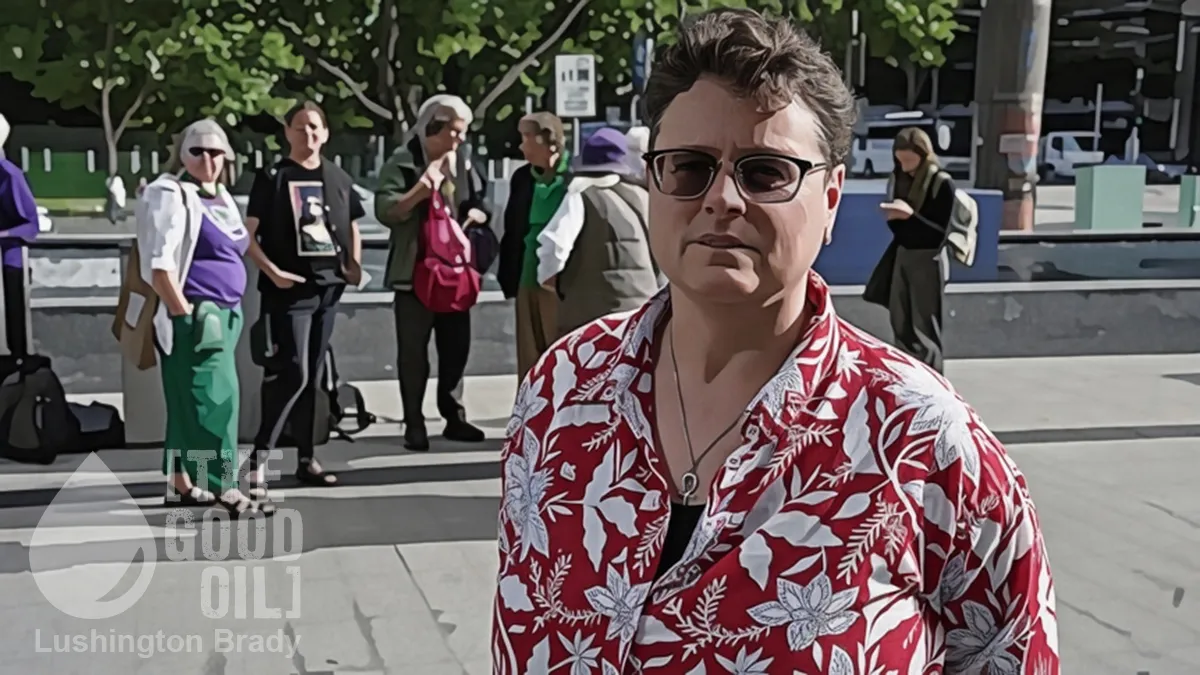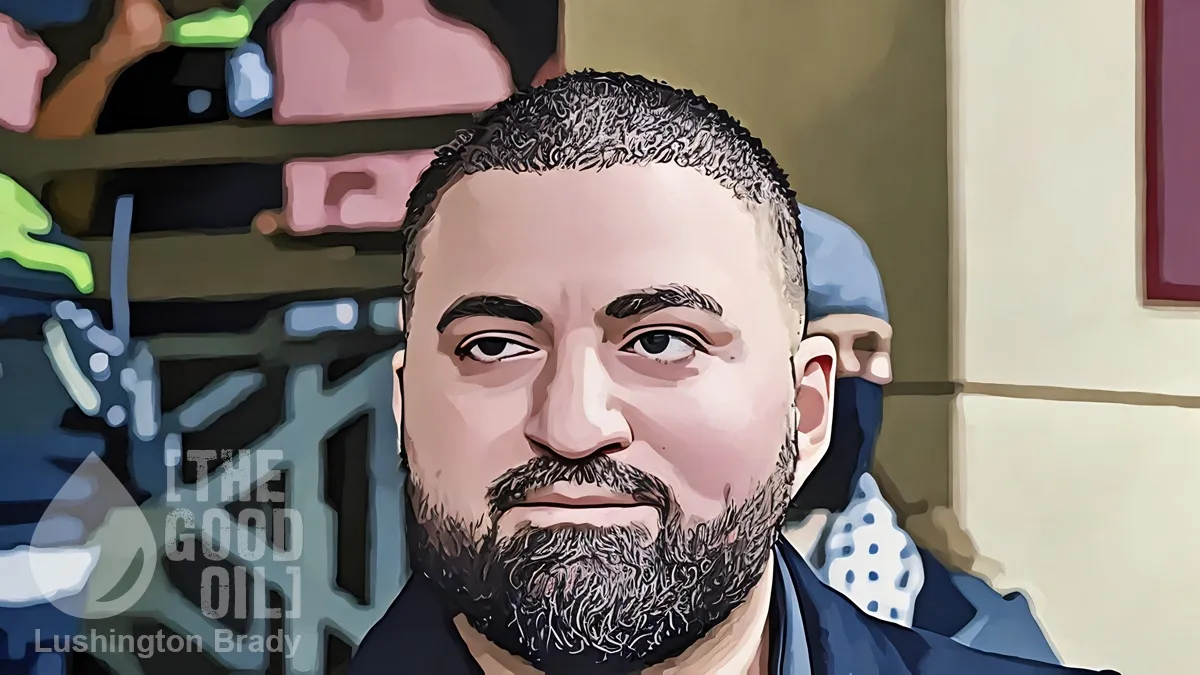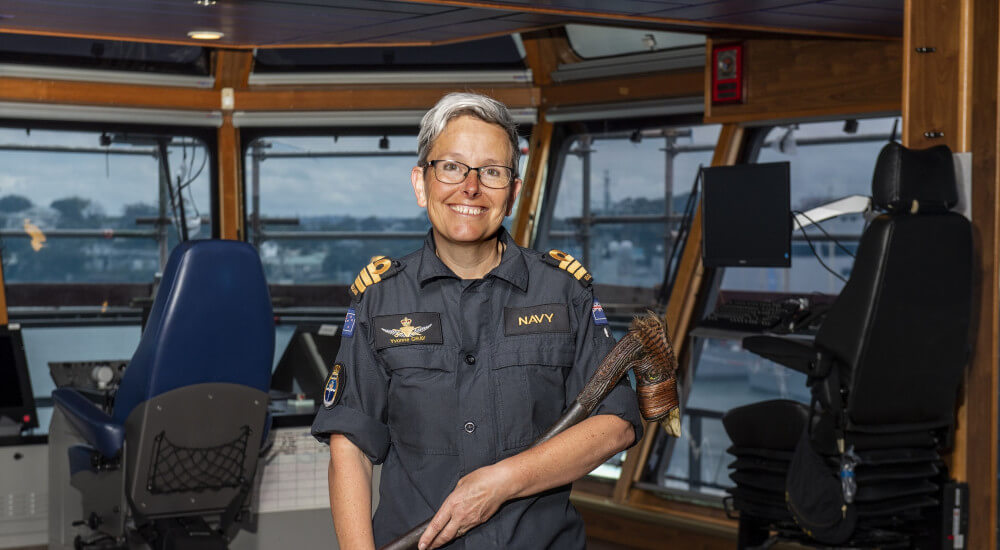Table of Contents
When does “absolutely free” not actually mean “absolutely free”? Apparently, when everyone is running around, Chicken Little style, panicking over a new virus from China.
Australia’s Constitution states that “trade, commerce, and intercourse among the States, whether by means of internal carriage or ocean navigation, shall be absolutely free”. Last year, though, the High Court, at the behest of the West Australian government, decided otherwise. And Scott Morrison was missing in action.
Last year, when Western Australia’s border closure faced a legal challenge, Scott Morrison wimped it. He chose not to defend the Constitution’s guarantee that Australians are “absolutely free” to travel between the states.
After initially supporting Clive Palmer’s attempt to open the WA border, the federal government withdrew from the fight, emboldening Premier Mark McGowan, who made a mockery of the plain words of the nation’s founding document.
Politically, perhaps, Morrison’s retreat might be seen as strategic. After all, the challenge had been mounted by the buffoonish Clive Palmer. No matter how much Palmer was in the right, no-one wanted to stand by him. As well, at the time, hysteria over the Wuhan virus was ramping up to fever pitch. Morrison clearly didn’t want to be smeared by the same media brush as was US president Donald Trump.
A great deal has changed since last November. And those changes have given Morrison a chance to redeem himself. Nobody should be surprised if he takes it.
McGowan won last year but by this summer, when most people will be vaccinated, Morrison will hold the whip hand. If recalcitrant premiers defy national cabinet’s plan and continue to close borders, stand by for another challenge.
And this time, Morrison would have the law on his side.
As the High Court’s ruling showed, even eminent judges are not immune to Chicken Little squawking — not to say “interpreting” the Constitution liberally to suit circumstances.
While the plain words of section 92 promise that interstate movement shall be “absolutely free”, successive High Court rulings have limited the provision’s meaning.
In order to be permissible, a public health restriction on freedom of interstate movement must be reasonably necessary and proportionate to the goal of protecting public health.
Chief Justice Susan Kiefel and Justice Pat Keane endorsed WA’s position with a statement that will never be repeated: “There is no known vaccine, and no treatment presently available to mitigate the risks of severe medical outcomes or mortality for a person who contracts Covid-19.”
Neither of those statements are remotely true any more. So the justification for upholding McGowan’s self-serving parochialism has evaporated.
Palmer’s loss was right at the time, but it will soon stand for nothing. This helps explain Morrison’s tough talk about learning to live with the virus.
Successive High Court decisions have made a mess of section 92, which no longer means what it says. But even though the freedom to travel interstate is no longer absolute, the High Court has made it clear it will look for alternatives to avoid further erosion.
That means the position of McGowan and other premiers who support border closures is growing weaker by the day.
The reverse applies to Morrison.
As Simon Benson writes elsewhere in The Australian, “Scott Morrison is at his best when he is campaigning. And now he has a campaign”.
Morrison is tapping into growing lockdown-weariness and anger against dictatorial state premiers. The Twitter crowd might still StandWithDan but, as the shocking scenes in Melbourne last weekend showed, growing numbers of people are fed up and angry at the premier. There were huge demonstrations in Sydney and Brisbane as well.
With the vaccination rollout proceeding apace, Morrison is standing on firmer and firmer ground to hit back against the authoritarian state premiers.
In an election year, Morrison might find this appealing. It would dispel any lingering concerns about the Commonwealth’s conduct during Palmer’s challenge and delight those who resent the loss of liberty.
One of the lessons from the pandemic is that state governments, while doing their best, have failed to persuade significant numbers of people that their health orders have democratic legitimacy.
The Australian
Another High Court challenge would be a chance to restore some sort of Constitutional normality to Australia’s Federation. The states have used the pandemic to arrogate extraordinary power to themselves. Behind the cloak of “public health”, state premiers have virtually usurped the running of the nation, especially its economy.
By convention, Morrison as representative of the Commonwealth, should have taken an interest in Palmer’s challenge. Politics made him drop the ball.
Now politics is giving him the momentum to back another High Court challenge.
Please share this article so that others can discover The BFD








